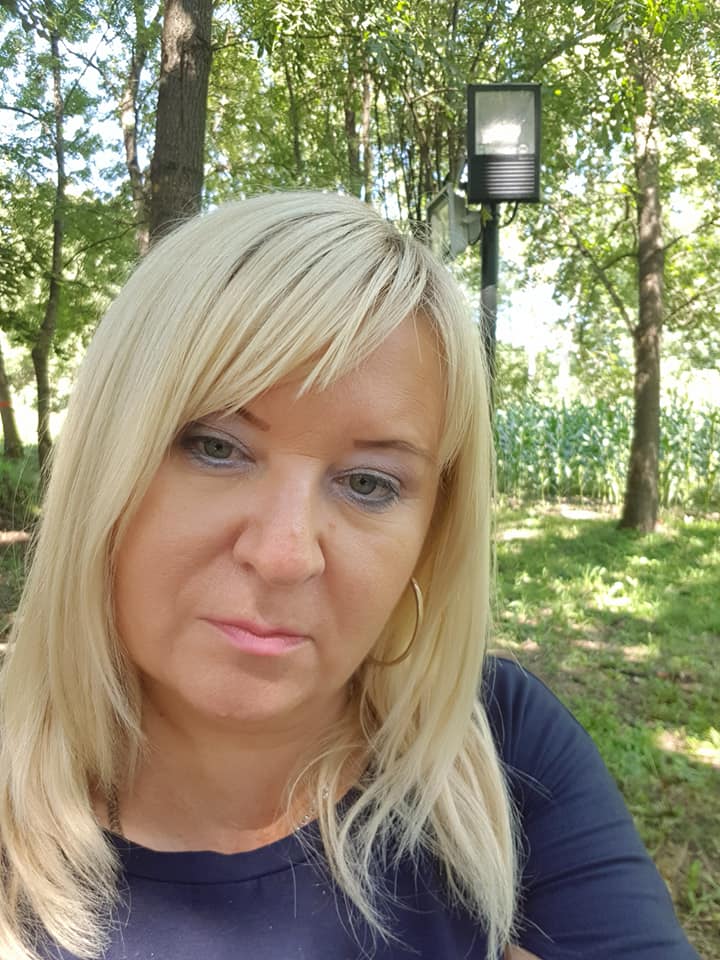Interview
Project “YOUth Ambassadors of Non-Formal Learning”
Country: Serbia
Interviewer: Dijana Puskar
Interviewee: Jelena Zlatkova, Professor in Gymnasium and President of NGO ” World of Words”
Date and location: Velika Plana; 18.06.2020
List of questions for the interview
- What is non-formal education to you?
Non-formal education includes all the knowledge and competencies that we acquire during life, outside of formal educational institutions (education we gain in free time, at seminars, at work, online, through the media …). It encompasses the idea of lifelong learning.
- Do you know if in our country/region there are laws, strategies, action plans that define and deal with it?
Non-formal education in Serbia is still not regulated by law, but the Law on Adult Education is being prepared. What is typical of non-formal education is that there is voluntary participation of course and seminar participants, often independent of age, experience and previous education. Therefore, each lecturer must be a trained and competent person and his/her role is not only to “teach” educational content to the participants, but that corelation need to be an exchange of experiences and skills and learning through practical work, so that learners become active actors . The target group in non-formal education does not know the age, but it must be in real possibilities related to the program itself. Also, additional education can be of huge help to people who have acquired formal education, but it is not enough for them to cope in a new business context, so in that case we define it as “learning and training adults for work, life, social activities that do not subject directly to standardization and strict verification procedures ”.
- Do you work on promoting NFE and how? What are you doing about NFE in term to make closeness with youth?
Yes, the NGO “The World of Words” since its founding in 2005, works to raise the capacity of young and youth workers, but also teachers who have the role of mentors of peer education. We organize trainings for peer educators in the field of youth mental health protection, peer violence, digital violence, human rights, fight against discrimination, fight against gender-based and domestic violence, mediation as an alternative conflict resolution, … fight against corruption.
So far, we have established cooperation with over 30 primary and secondary schools from 25 municipalities in Serbia, as well as with organizations working with young people from 10 European countries
- Do you think that young people recognize the value of non-formal education?
At the very beginning, when our activities starts with implementation, participants immediately say that it would be much more interesting for them at school if they worked in this way. That says a lot about how much the formal education system should adopt models and examples of good practice from non-formal education.
- Do formal education institutions recognize the importance of non-formal education?
They recognize it, but very often do not want to admit. And when they admit it, they don't admit it enough. There is a lot missing in the formal education system, especially in Serbia. Things are changing slowly. People who work in the formal education system are often very closed to newspapers and skeptical when it comes to something that, as a novelty, comes from non-formal education. I have been working in the formal education system for 25 years, and since 2000 in the non-formal education, which is a full 20 years, and I must admit that I am so grateful for the non-formal education I received in various trainings because they helped me become innovative as a professor.
- Should the Government get involved and make an even bigger contribution when it we are speaking about youth and policies about youth?
Yes, of course, but everything should be well organized. An evaluation scale should be made in the right way







